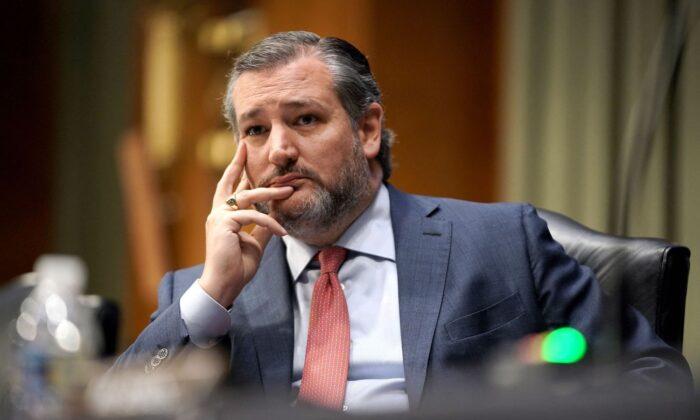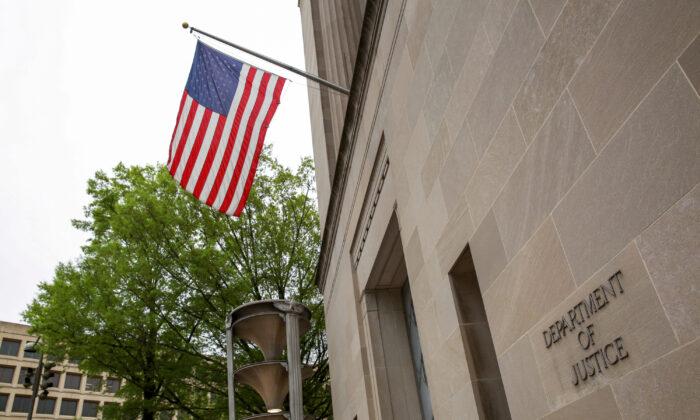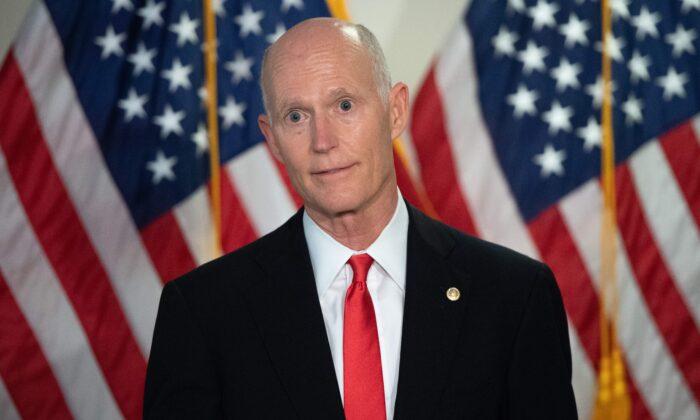Australia will not sign the United Nations global migration deal “in its current form,” with Immigration Minister Peter Dutton saying that it’s not in the nation’s interest to sign the agreement.
Dutton insisted that the Turnbull government will not “sign a deal that sacrifices anything in terms of our border protection policies.”
“We’re not going to surrender our sovereignty. I’m not going to allow unelected bodies to dictate to us, to the Australian people,” he told 2GB.
The deal pushes U.N. member states to “review and revise” laws and policies to ensure that decisions to detain are “based on law, are proportionate, have a legitimate purpose, and are taken on an individual basis” and should not be used “as a deterrent.”
Dutton said that the Turnbull government will ensure that they don’t sacrifice the policies they had fought hard to bring in.
“We’re not going to allow the people smugglers to get back into the business,” Dutton told 2GB.
The immigration minister acknowledged that although Australia had a hand in negotiating the deal, which was spearheaded by Mexico and Switzerland, Australia will not sign over its border protection policy to the U.N.
“We’re happy to negotiate in good faith but we’re not going to sign any document that’s not in our national interest and it’s not in our national interest to sign our border protection policy over to the U.N.,” he told the radio station.
It also sets out a range of actionable commitments, which could possibly influence legislation and policymaking for member states.
So far, two countries have refused to be part of the agreement—the United States and Hungary. The United States was the first country to leave the agreement in December 2017, with the Trump administration saying that the agreement, which was recognized by the Obama administration, was inconsistent with the country’s sovereignty.
Nikki Haley, U.S. ambassador to the U.N., said at the time, “America is proud of our immigrant heritage and our long-standing moral leadership in providing support to migrant and refugee populations across the globe.”
“But our decisions on immigration policies must always be made by Americans and Americans alone. We will decide how best to control our borders and who will be allowed to enter our country,” she said in a statement.
In response, Miroslav Lajčák, the president of the general assembly, said it regrets the decision of the United States.
“As such, it has the experience and expertise to help ensure that this process leads to a successful outcome.”
Following the United States, Hungary announced their withdrawal to the agreement on June 18 this year.
Their Minister of Foreign Affairs and Trade Péter Szijjártó said in a statement that the agreement was “totally at odds with the country’s security interests.”
“According to the government’s position, the U.N. Global Compact for Migration is in conflict with common sense and also with the intent to restore European security.
“Hungary does not regard the goals and principles declared by the Compact as valid guidelines with regard to itself.
“In addition, the document does not deal with the truly existing fundamental human rights of people who want nothing else than to be able to live in peace and security in their own homelands.”
Szijjártó added that although the fundamental premise of the agreement is a “good and unavoidable phenomenon,” the document itself was “dangerous, extremist, biased, and an encouragement to migration.”
“It could serve as an inspiration for millions to set out from home,” he said.
“Australia will advocate for a balance of effective humanitarian response, maintaining a focus on the root causes of displacement and political and peacebuilding interventions, and orderly migration and resettlement pathways,” the discussion paper said.
Australia has already played an important role in the Asia-pacific region by working with other southeast Asian countries, such as Indonesia, on people smuggling, human trafficking, irregular migration, and transnational crimes. It has also consistently ranked among the top three permanent resettlement countries, along with Canada and the United States.




